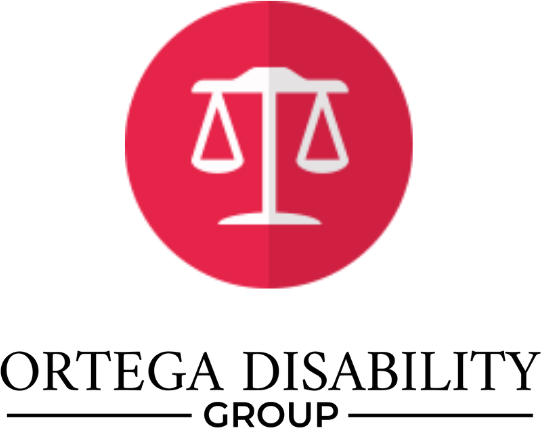Applying for Social Security Disability Insurance (SSDI) for Schizophrenia & Other Psychotic Disorders
Many individuals apply for Social Security Disability Insurance (SSDI) due to physical disabilities that prevent them from working. However, individuals can also qualify for disability benefits, or Supplemental Security Income (SSI), with specific mental disorders that impact their quality of life and their ability to take part in Substantial Gainful Activity (SGA).
To qualify for Social Security Disability (SSD) benefits with a mental disorder, a claimant must be able to prove to the Social Security Administration (SSA) that their disorder prevents them from earning a living wage, negatively impacts their daily life, and their ability to complete important tasks.
Filing for Social Security Disability Benefits Under Mental Disorders
In most cases, it is more difficult to be approved for SSD benefits with a mental disorder than a physical one, and part of this is due to the fact that mental disorders are harder to diagnose.
In order to file a claim successfully, the claimant must provide the SSA with medical evidence that supports their diagnoses, and the fact their disorder inhibits them from working and earning enough money to support themselves.
When assessing claims, the SSA references what is known as the Blue Book to determine if the individual in question has a qualifying disorder. The Blue Book lists disabilities that qualify for SSDI into sections that are further categorized by type. Section 12.00 is reserved for Mental Disorders, and subsection 12.03 is dedicated to schizophrenia spectrum and other psychotic disorders.
For schizophrenia spectrum disorders and other psychotic disorders, medical evidence to support an SSDI claim includes medical documentation of delusions and/or hallucinations, grossly disorganized behavior, disorganized thinking/speech, and/or catatonia.
There must also be supporting evidence that proves there is a severe limitation of one, or a marked limitation of two, of the following areas of mental functioning:
- Interacting with others
- Concentrating, persisting, or maintaining pace
- Understanding, remembering, or applying information
- Adapting or managing oneself
There must also be evidence that supports the claim that the mental disorder in question is “serious and persistent,” which essentially means the disorder has been medically documented for over two years, alongside medical treatment, mental health therapy, and psychosocial support(s).
The claimant may also provide evidence of a highly structured, ongoing environment that has been provided to them in order to successfully diminish symptoms and signs of the mental disorder, plus evidence of an extremely limited ability to adapt to changes in their environment, and/or new demands.
Can You Get Disability for Schizophrenia
Mental disorders such as schizophrenia, those on the spectrum, and other psychotic disorders, are often quite severe and disabling. They usually affect the claimant themselves, family of the individual, and others close to the person suffering from the disorder.
Symptoms can include, but are not limited to, odd beliefs and mannerisms, poverty of thought and speech, paranoia, an inability to initiate and persist in goal-directed activities, social withdrawal, mood disturbances, and loss of interest or ability to find pleasure in things. These symptoms usually all affect activities of daily living.
A few of the disorders evaluated under this section include:
- Schizoaffective Disorder
- Delusional Disorder
- Schizophrenia
- Psychotic Disorder (linked to another medical condition)
The Definition of Schizophrenia Spectrum Disorders
Schizophrenia spectrum disorders come with various defining symptoms, but typically all individuals suffering from these disorders are unable to remain in touch with reality and often deal with hallucinations, paranoia, delusions, grossly disorganized thinking, and more.
Ortega Disability Group – Contact Our Experienced SSDI Attorneys
If you or a family member is suffering from severe disabilities and limitations in their daily life due to a mental illness, the lawyers at Ortega Disability Group are here to help. Our Social Security Disability attorneys have extensive experience filing disability claims with the SSA. We know what documentation is necessary to support each claim, and how to make sure you have the best chances at being approved for SSDI. Contact our law firm today to request a free consultation!
